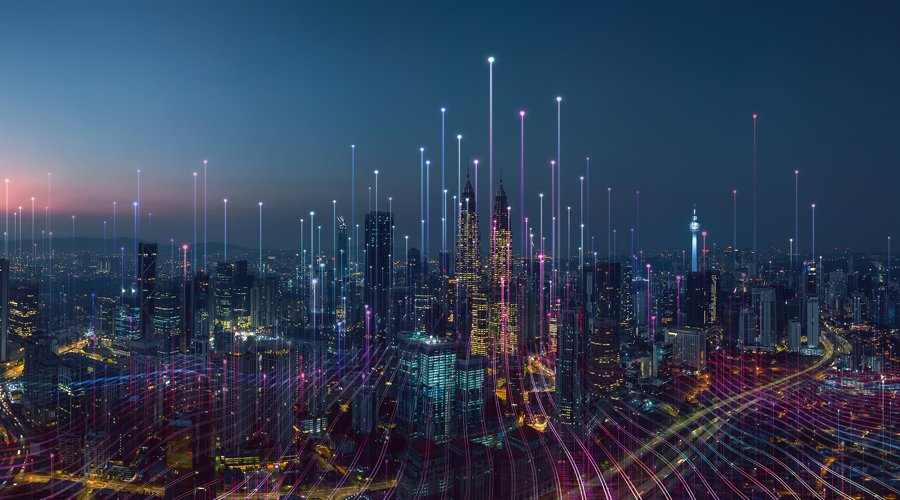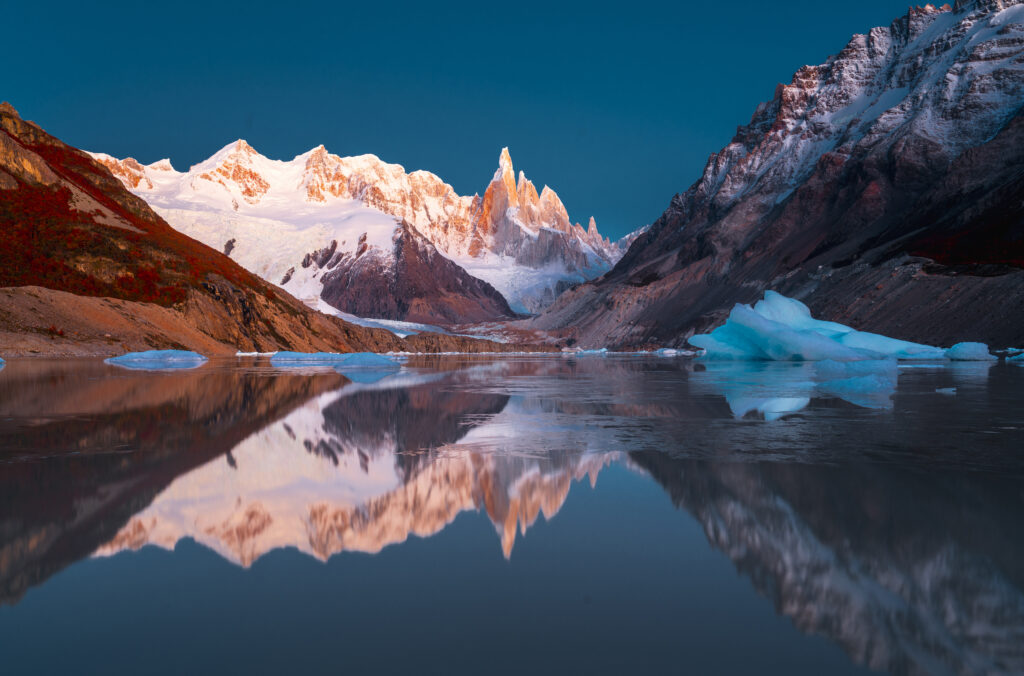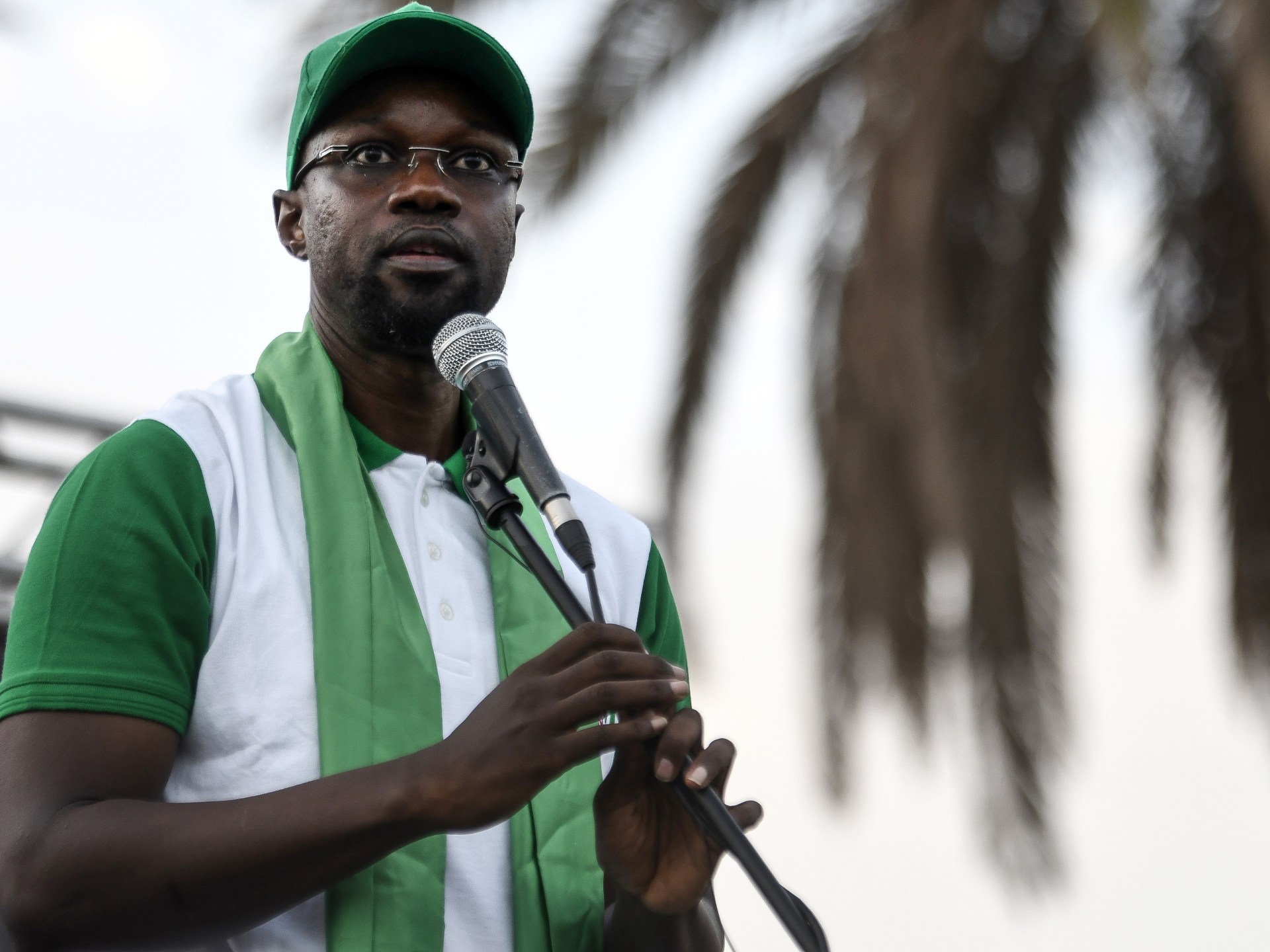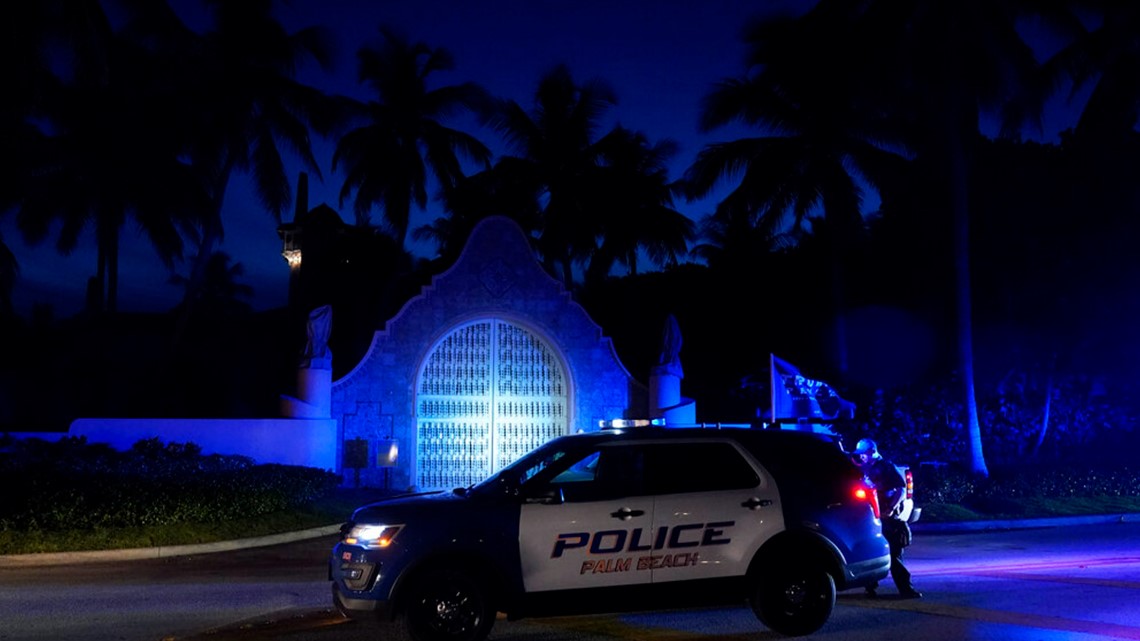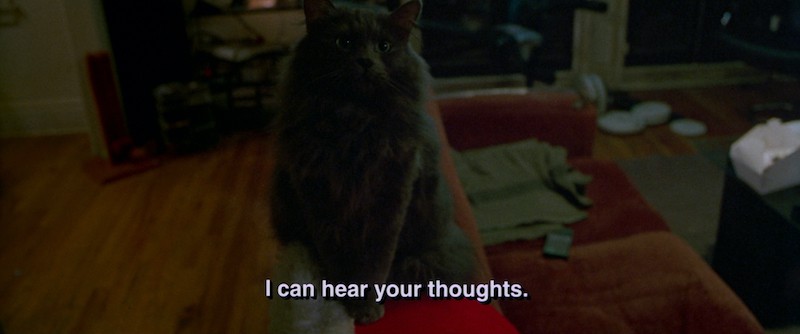For months now, residents of Barsu and several other nearby villages in Maharashtra’s Ratnagiri district have been up in arms against a proposed oil refinery project. Earlier this month, the police detained several protesters, led by women, after they stopped vehicles carrying soil survey equipment from entering the village. The locals are against the project because they fear it will pollute their area. But the government wants to proceed with the project in the broader national interest.

In a democratic country like ours, it is fitting that this important debate is conducted freely, with all relevant facts on the table. But local residents have alleged that various vested interests are attempting to suppress or distort facts. This has taken ugly forms, such as the alleged murder of 47-year-old Shashikant Warishe, a journalist, after he published a report in a vernacular newspaper on a local strongman who was backing the project. He was crushed by a vehicle, purportedly driven by the local land dealer, with alleged criminal antecedents.
Another glaring example is the confusion surrounding the Central Pollution Control Board’s zoning atlas for siting of industries for Ratnagiri. The atlas assesses the pollution load-bearing capacity of various parts of the district and existing pollution levels, and estimates levels of permissible additional pollution-generating activity. Almost all these atlases have not been found, but as a part of the activity of the Western Ghats panel, I got hold of the Ratnagiri Atlas. It indicates no scope for other polluting industries, such as the proposed refinery, in the district.
These incidents indicate a subversion of the deliberative process of democratic decision-making. So, who will bring all pertinent facts to light? Our scientists should. After all, in the words of the mathematician-philosopher Alfred North Whitehead, they are practising a profession dedicated to anchoring all their work to the solid bedrock of facts, however unpalatable they may be. But some are committed to pleasing the powers that be.
Some time ago, another chemical industry complex located north of Barsu on the coast said it will not disturb any woody vegetation. But I saw in the field and satellite imagery that it would destroy a large stretch of mangrove vegetation. I had friends at the Indian Institute of Technology–Bombay who worked on satellite imagery-based interpretation of vegetation on the Konkan coast. I asked them to point to this claim. They refused.
Therefore, it is up to the ordinary people of India — farmers and farm labourers, rural artisans, shepherds, fisherfolk and forest dwellers — to put all relevant facts on the table to try and ensure that their lives, their natural resource-based livelihoods, and their democratic rights are not unduly violated. Fortunately for them, modern technology can help them with a plethora of information and data, which they can use to put up a strong fight.
One of the critical tools in this endeavour could be the smartphone, a powerful computational and communication tool. They can use it to access the internet and use several apps. Along with allowing users to use photographs, audio clips and video clips to communicate with each other in their language effectively, apps such as Google Photos and Lens can facilitate the identification of plant resources and crop pests and free them from dependence on pesticide dealers that lead to excessive pesticide use. In addition, apps such as Plantix can offer them advice on how they can reduce pesticide pollution considerably.
Social media often carries unreliable content. However, Wikimedia Foundation provides many tools or platforms to cross-check information. These facilities are available in many Indian languages also. Moreover, anybody can write or edit a Wikipedia article, adopting a neutral point of view and citing verifiable sources such as newspaper or TV reports, official documents and scholarly publications. Wikimedia Commons accepts original photographs, audio, and video clips supplemented with appropriate information but bars any personal or promotional material. The Internet Archive, a non-profit digital library, also accepts any material that is removed in case there is any valid objection. On its Wayback Machine, one may upload newspaper or TV reports that will be available in perpetuity.
With these tech platforms and services, people can create a sound record of facts at no additional cost. Those able to afford additional expenses can also buy inexpensive sensors to get good data on air and water pollution or levels of particular molecules, such as pesticides. They may also get good data on groundwater levels to guard against excessive water depletion. In the days to come, tech-savvy young people from all segments of the Indian community can overcome attempts to suppress data and provide information for everybody to arrive at an informed judgment.
Madhav Gadgil is one of India’s most widely regarded ecologists.The views expressed are personal






